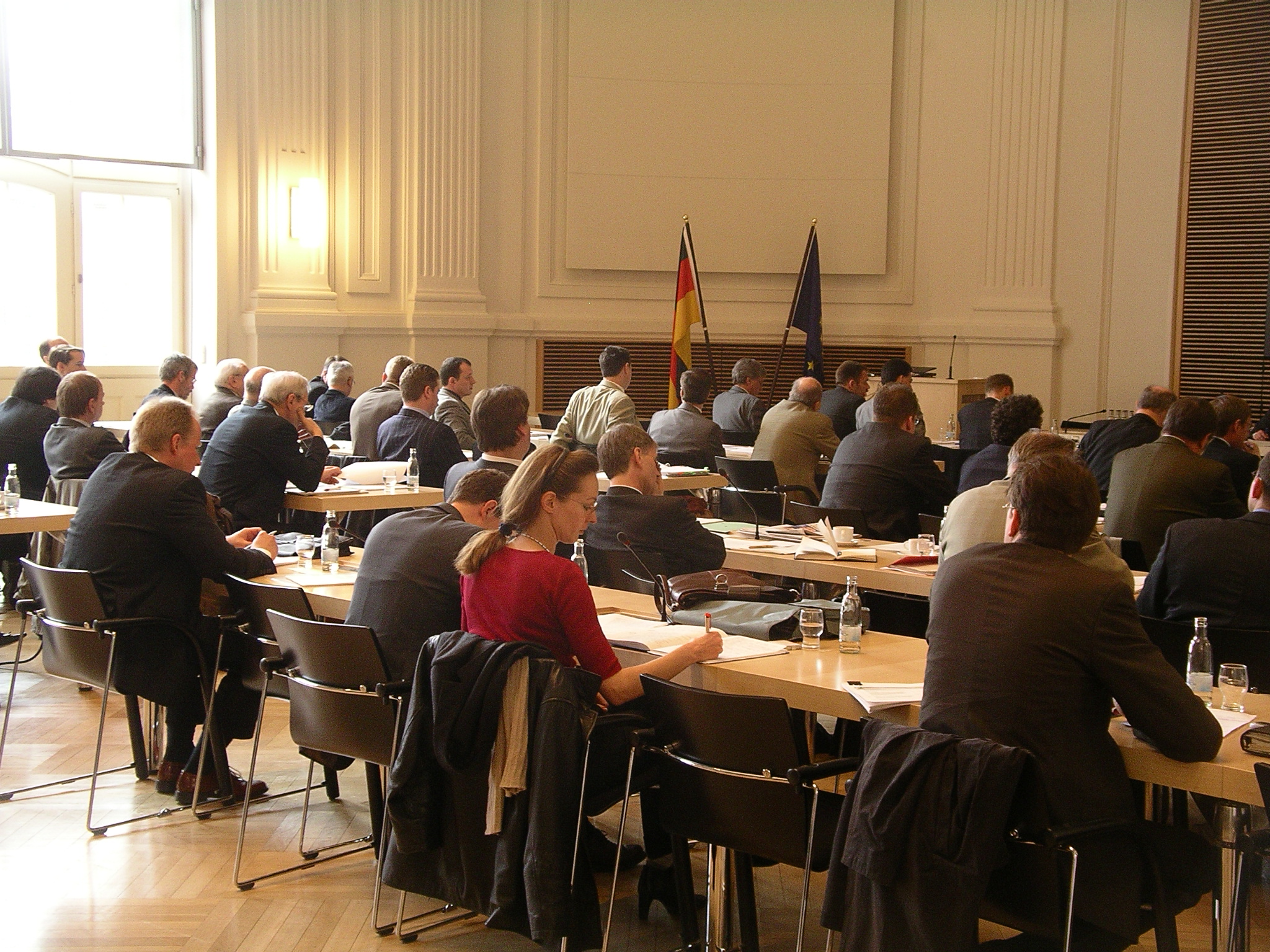Cobb to Speak on Subcontractor Payment Issues
Georgia materialmen lien attorney Mark Cobb regularly speaks at seminars and training sessions. He frequently discusses legal issues related to Georgia subcontractors and general contractors including lien waivers, construction contract terms, best practices, and payment bond claims.
In addition to speaking to construction professionals, Mark also speaks to and helps train other lawyers. On March 19, for example, Mark will be addressing construction lawyers from across the country on payment issues facing subcontractors. Mark will be addressing the membership of Division 9 of the American Bar Association’s Forum on the Construction Industry; Division 9 is the subsection of the Forum which focuses on subcontractor law, construction liens and payment.
Mark was chosen to be a presenter to this group based upon his involvement with the forthcoming book on Subcontractor Law to be published by the ABA later this year. This boo–written by lawyers primarily for lawyers–is the first national publication addressing subcontractor law, and Mark was a co-author of the section dealing with payment issues faced by subcontractors, suppliers and sub-subcontractors.
Although Mark is an experienced attorney in Georgia subcontractor law, he learned a great deal more in researching his portion of the book. “Subcontractors across the country face similar issues, but the way each state deals with these issues is fascinating,” stated Mark. “For example,” he continues, “Georgia allows the prime contractor and the specialty subcontractor to negotiate the amount of retainage held-back on a project whereas other states have specific statutes which limit the amount of the retainage that a general contractor can hold-back from its subs. Similarly, different states manage the priority of construction liens and mortgages differently which can lead to different results depending upon the jurisdiction where the subcontractor, supplier or other lien claimant may be working.”
Mark’s research included looking in to subcontract issues related to payment as well as statutory and common law remedies related to payment. including a contractor’s right to set-off amount due to a subcontractor (or material supplier) on one project for amounts owed on another project.
Mark plans to present some of the significant differences he discovered among the states’ laws and the impact these differences can have as it relates to payments to subcontractors during the March 19th session. In addition to speaking to his colleagues, Mark hopes to use some of his research to influence Georgia’s lawmakers to add or amend our existing statutes to make this more responsive to Georgia’s subcontractor’s needs.
“It is an honour for me to speak to my fellow construction lawyers from around the country,” stated Mark. “Particularly since the participants are generally highly sophisticated, experienced construction lawyers with a significant knowledge of subcontractor law and practice. “

